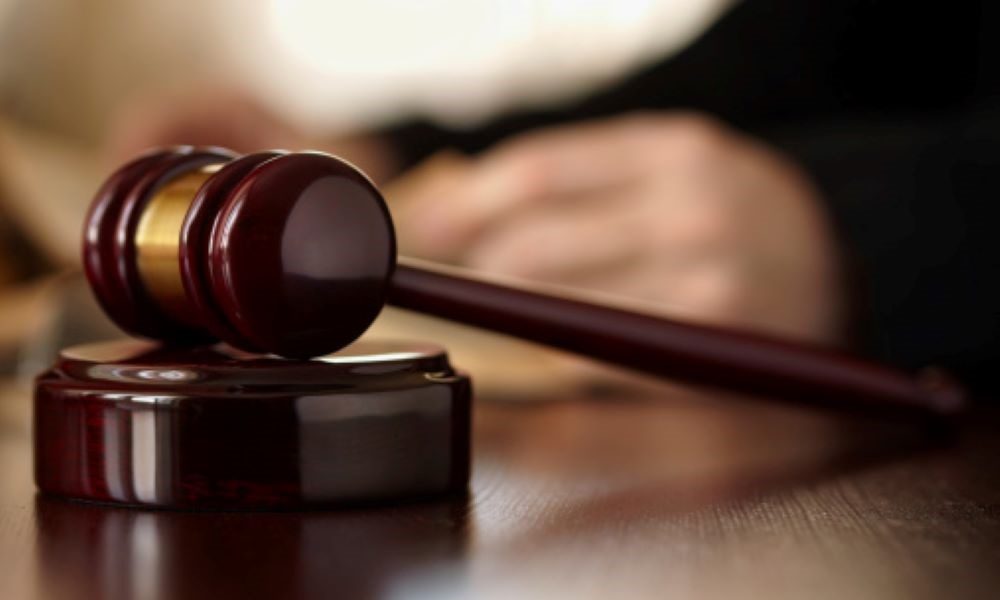Khushi Bajpai
Published on: September 2, 2022 at 22:12 IST
The Supreme Court ordered Eight States to provide information regarding the status of cases of alleged violence against Christians and Christian institutions.
Bihar, Haryana, Chhattisgarh, Jharkhand, Odisha, Karnataka, Madhya Pradesh, and Uttar Pradesh were ordered by a bench of Justices DY Chandrachud and Hima Kohli to provide information about the filing of first information reports (FIRs), the status of the investigation, the arrests that have been made, and the chargesheets that have been filed in connection with such crimes within two months.
The data must be provided to the Union Home Ministry, which will compile it and submit a report to the highest court.
“We issue the following instructions in order to inform the Court of how the directives issued in Tehseen Poonawala vs. Union of India have been carried out in various States: The following States must provide verification reports to the Union Home Ministry regarding the actions that have been taken in response to reported incidences of alleged violence that are the subject of the current petition,” declared the Court.
However, the Court made it clear that it was not passing judgement on the truthfulness of the claims presented by the petitioner.
The Court was hearing a plea filed by Reverend Peter Machado and others seeking implementation of the guidelines issued by the Supreme Court in its 2018 Tehseen Poonawala judgment.
The apex court had established a number of guidelines in that judgement for the federal government and the states to follow in order to prevent hate crimes, including the appointment of nodal officers to keep track of such crimes, the expediting of legal proceedings, compensation for victims, deterrent punishment, and disciplinary action against lax law enforcement personnel.
In the current petition, the petitioners requested the registration of first information reports and an investigation by special investigation teams into incidents of attacks on Christians and Christian institutions based on this information.
The request demanded that the baseless lawsuits that these assailants had brought against the victims be dismissed.
The Central government had already provided an affidavit declaring that the plea lacked merit and that the police had acted quickly in each of the referenced situations.
The affidavit further stated that the petitioner “resorted to fabrication and self-serving materials” in addition to news stories that had errors, inaccurately described minor instances, and wrongly projected non-violent offences as religious hate crimes.
According to the declaration submitted on behalf of the Union Home Ministry, some instances of violence against Christians have been classified as being of a completely criminal nature and stemming from internal problems.
The petitioners refuted the aforementioned claims in their response to the Central government’s response.
“Independent media had reported on the violent incidents against Christians”, the report said.
Furthermore, it was claimed that many of the impacted have been unable to pursue any legal options due to intimidation and the apparent inaction of the police.
When the case came up for hearing today, the Bench questioned Senior Advocate Colin Gonsalves, who was representing the petitioners, regarding the proportion of the cited incidents that fall under the category of religious hate crimes.
Justice Chandrachud said, “Merely because a crime occurred against a member of a community, it may not be a communal one.”
The Senior Counsel then walked the Court through instances of Christian-targeted violence throughout the States, highlighting how the offenders were not being brought to justice even as prayer services were being disrupted.
53 complaints were made against the offenders, and there had been 23 arrests, as well as 510 preachers.
The charges and the reports cited, which, according to Solicitor General Tushar Mehta, were published just days before the PIL was filed, drew his vehement objection.
“These are all unbiased information. What will happen if I plant items as well and file a lawsuit under [Article] 32? Such reports cannot be created by government. He claims that West Bengal is the state with the most tranquilly,” he declared.
The Court eventually proceeded to seek data from the States.

